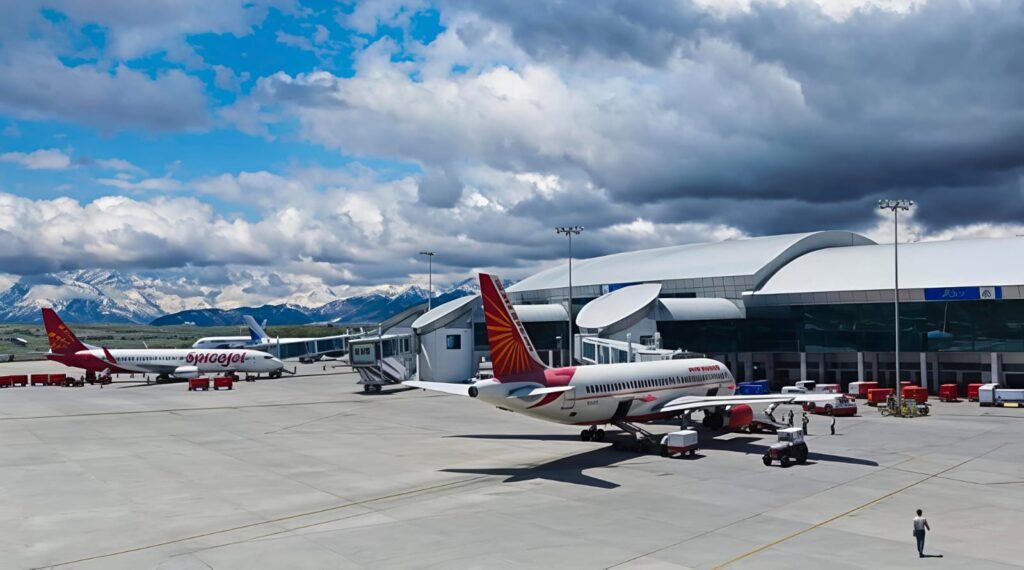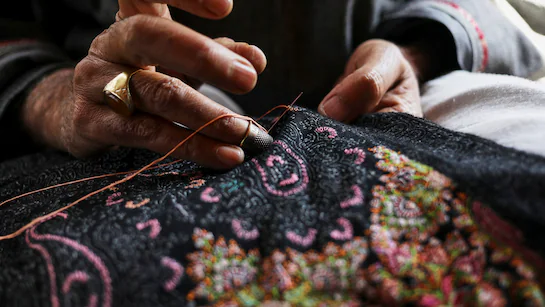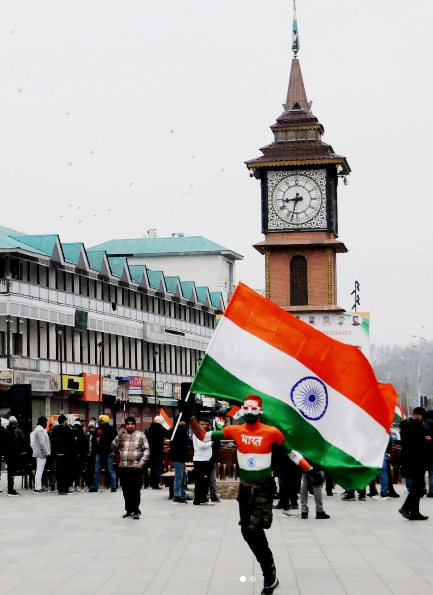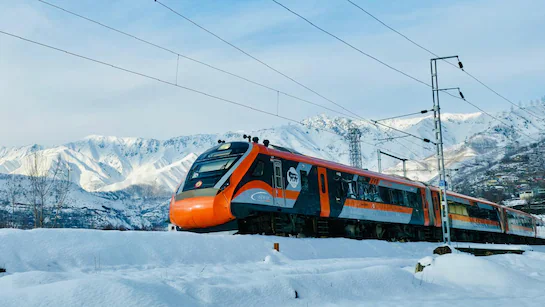SRINAGAR, JULY 29: A quiet revolution is underway in the Valley—and its epicentre lies not in slogans or streets, but in cinema. Leading this new wave is Ali Emran, a Srinagar-based filmmaker whose deeply rooted, poetic, and often mystical narratives are giving Kashmiri cinema a bold and original voice on the South Asian stage.
From the spiritual corridors of old Srinagar to screenings at national and international festivals, Emran’s work is reshaping how Kashmir is seen, both by the world and by its own people. He represents a growing movement of artists determined to tell stories not from the margins, but from the sacred heart of Kashmiri experience.
A Voice Carved in Silence
Emran’s early work began in the shadows of conflict and cultural erasure. His experimental short The Ninth Act (2006) was an introspective look at the effects of globalization and memory loss in Srinagar’s traditional spaces. But it was only the beginning.
In 2024, Emran released Qouluf, The Ensorcelled, a groundbreaking feature film set entirely in Kashmiri, rich with Rishi-Sufi imagery and meditative pacing. It became the first Kashmiri-language color film screened in Kashmir in over 60 years, reopening cinema halls not just physically, but symbolically. The film’s reception was overwhelming—audiences praised its authenticity, its spiritual undertones, and its refusal to conform to external expectations of what Kashmiri stories should look like.
Cinema as Cultural Resistance
“Storytelling in Kashmir cannot be apolitical,” Emran says. “Even when we speak of dreams, we are fighting for space to dream.”
His cinema doesn’t trade in overt slogans, yet it resonates with a quiet defiance. Whether through forgotten theatre forms in Baand—his 2025 upcoming feature that revives Baand-e-Pather, Kashmir’s folk theatre—or through philosophical adaptations like Ibtida, The Beginning (2015), Emran insists on the right to narrate from within.
Baand, set in rural Kashmir, is the story of a father-son duo trying to keep an artform alive in a world that no longer listens. It is not just a film—it’s an act of preservation, a tribute to Kashmir’s dying performative traditions.
Beyond the Valley: National Recognition
Ali Emran’s works have been featured in national film festivals in Delhi, Kolkata, and Chandigarh, and have sparked academic and critical interest for their lyrical style, cultural grounding, and spiritual symbolism. His retrospective at the International Film Festival of Kashmir marked a historic moment—he became the first local filmmaker to be honored with a dedicated showcase at the festival.
Theatre, Teaching, and Mentorship
Beyond filmmaking, Emran has directed powerful stage productions—ranging from Agha Shahid Ali’s The Country Without a Post Office to adaptations of Macbeth and Toba Tek Singh. His theatre work is marked by a similar blend of poetry and resistance, and his mentorship of young artists continues to inspire a generation eager to reclaim their creative heritage.
Toward a Kashmiri Aesthetic
Ali Emran doesn’t see his films as just entertainment. For him, they are rituals—“meditations on belonging, grief, and God.” His visual language draws from Islamic mysticism, Kashmiri folklore, oral traditions, and dreams, offering an aesthetic that is neither Bollywood nor Western but unmistakably Kashmiri.
In an age where the Valley is often reduced to political headlines, Emran and his contemporaries are reclaiming its interior landscape—one story, one frame at a time.










